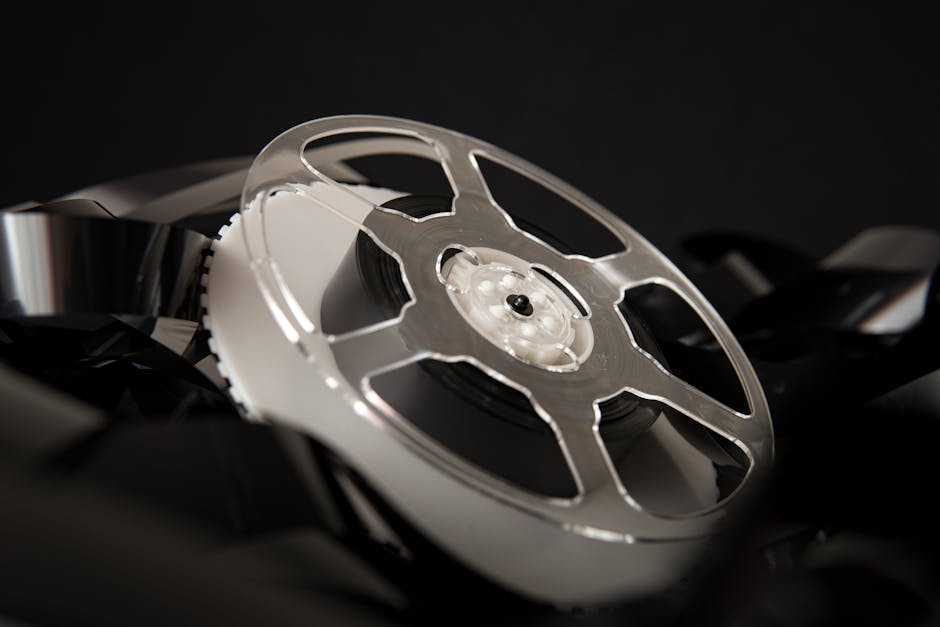Discovering the Masters: A Deep Dive into the Legends of 70’s Kung Fu Movies
Step into the thrilling world of 70’s Kung Fu cinema, where legends were born and breathtaking martial arts scenes captivated audiences worldwide. From the spirited choreography to the unforgettable performances, this era marked a golden age for action-packed entertainment.
Tracing the roots of 70’s Kung Fu Cinema
The roots of 70’s Kung Fu cinema dig deep into the cultural soil of Hong Kong, where prolific studios churned out a plethora of martial arts films that would shape the genre for decades to come. Pioneering filmmakers such as Bruce Lee and Chang Cheh paved the way for a new era of martial arts on the silver screen, introducing audiences to a world where honor, justice, and swift fists reigned supreme.
The impact of 70’s Kung Fu movies extended beyond entertainment, becoming a cultural phenomenon that transcended borders. These films not only showcased incredible physical feats but also embedded profound philosophical teachings, creating a unique blend of action and wisdom that resonated with viewers globally.
Characters like Wong Fei-hung and Ip Man became revered icons, embodying virtuous principles and indomitable spirits that resonated with audiences of all ages. The fusion of dazzling fight sequences with moral lessons transformed these heroes into timeless symbols of courage and resilience.
Through the lens of 70’s Kung Fu cinema, we glimpse into a world where martial arts mastery was not just a skill but a way of life—a philosophy that permeated every punch, kick, and movement on screen, illustrating the beauty and discipline of ancient combat arts in a modern context.
Evolution of martial arts choreography on the big screen
The evolution of martial arts choreography in 70’s Kung Fu movies marked a groundbreaking shift in cinematic fight scenes. Choreographers like Lau Kar-leung and Sammo Hung revolutionized the way martial arts were portrayed, incorporating intricate movements, dynamic camerawork, and innovative fight sequences that mesmerized audiences.
Each fight in these films was a carefully crafted dance of intensity and precision, showcasing the agility, speed, and skill of the performers. The intricate choreography not only entertained but also served as a homage to the rich history and tradition of Chinese martial arts, elevating the genre to new heights of excellence.
The legendary battles between heroes and villains were not just physical clashes but artistic expressions of power and grace, weaving a tapestry of movement that captivated viewers and left them in awe of the mastery displayed on screen. The fusion of storytelling and martial arts choreography elevated these films to cinematic masterpieces.
As the 70’s unfolded, Kung Fu movies continued to push the boundaries of what was possible, blending traditional martial arts with modern techniques to create a visual spectacle that dazzled and inspired. The choreographic innovations of this era set a benchmark for action sequences in film that reverberates to this day.
Iconic legends that shaped the era
The 70’s Kung Fu cinema era was defined by a pantheon of iconic legends whose mastery of martial arts and on-screen charisma left an indelible mark on cinematic history. From the legendary Bruce Lee, whose lightning-fast strikes and magnetic presence revolutionized the genre, to the stoic elegance of Gordon Liu and the fierce intensity of Angela Mao, these luminaries set the standard for martial arts excellence.
Legends like Jackie Chan and Sammo Hung brought a unique blend of acrobatics and humor to their roles, redefining the boundaries of action-comedy in Kung Fu movies. Their daring stunts and physical comedy injected a sense of fun and excitement into the genre, appealing to a diverse audience hungry for thrills and entertainment.
The female stars of 70’s Kung Fu cinema, such as Cheng Pei-pei and Kara Hui, shattered stereotypes and showcased their martial arts prowess with grace and ferocity. Their portrayals of strong, independent women who could hold their own in a fight were groundbreaking, paving the way for a new generation of female action heroes.
These iconic legends not only entertained but also inspired generations of martial artists and filmmakers, leaving an enduring legacy that continues to shape the landscape of action cinema. Their contributions to the art of Kung Fu movies are timeless testaments to the power of storytelling through martial arts.
Impact of 70’s Kung Fu Movies on modern cinema
The impact of 70’s Kung Fu movies on modern cinema is undeniable, with their influence reverberating through the veins of action films to this day. Filmmakers like Quentin Tarantino and the Wachowskis have paid homage to the era, drawing inspiration from its dynamic fight choreography, iconic characters, and thematic depth.
The themes of honor, justice, and perseverance that defined 70’s Kung Fu cinema continue to resonate with audiences, transcending cultural and generational boundaries. The enduring popularity of martial arts films is a testament to the timeless appeal of stories that celebrate courage, loyalty, and the indomitable human spirit.
Modern action blockbusters owe a debt to the innovative spirit of 70’s Kung Fu movies, which pushed the boundaries of what was possible on screen and elevated the art of cinematic combat to a new level of excellence. The legacy of these films lives on in the hearts of fans and the minds of filmmakers, ensuring that the spirit of Kung Fu cinema endures.
As we look back on the golden age of 70’s Kung Fu movies, we are reminded of the magic and excitement that these films brought to audiences around the world. The enduring appeal of martial arts cinema lies in its ability to transcend language and culture, speaking to universal themes of courage, honor, and the quest for greatness.
Legacy Eternalized
As we reflect on the riveting tales and dynamic fights of 70’s Kung Fu movies, we uncover a rich tapestry of martial arts history that continues to inspire and influence filmmakers today. The legacy of these cinematic masters lives on, echoing through the corridors of modern cinema, ensuring that the spirit of 70’s Kung Fu remains an everlasting source of admiration and reverence.


